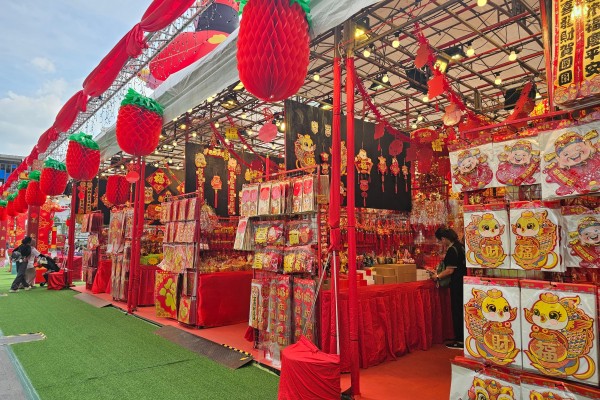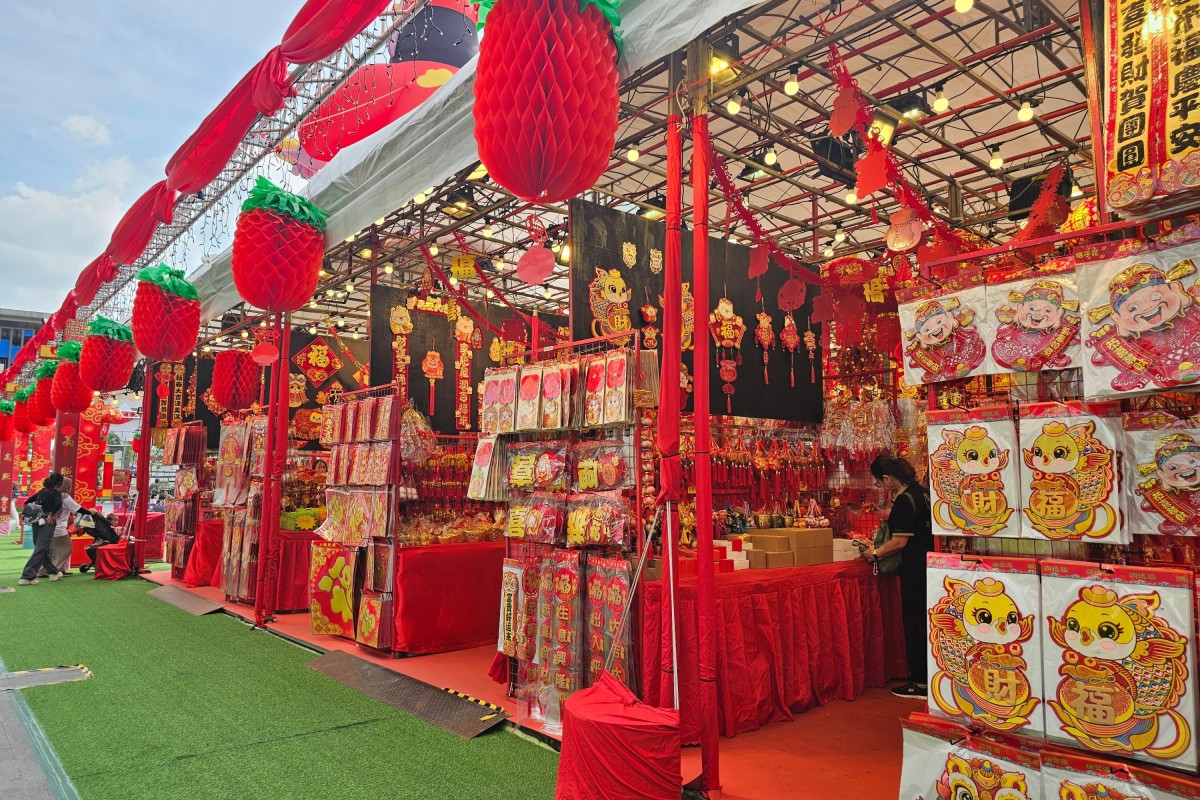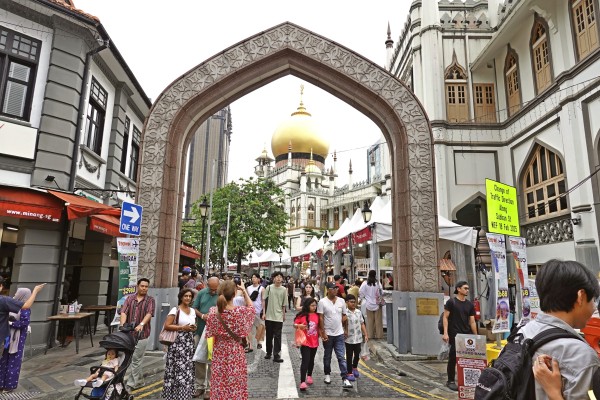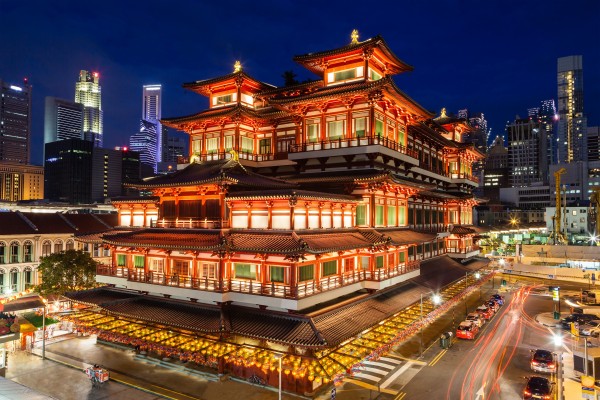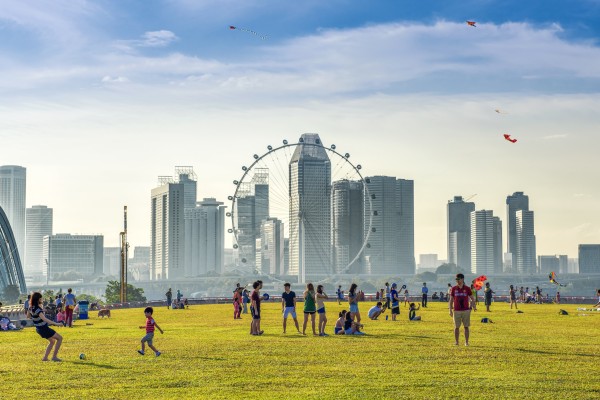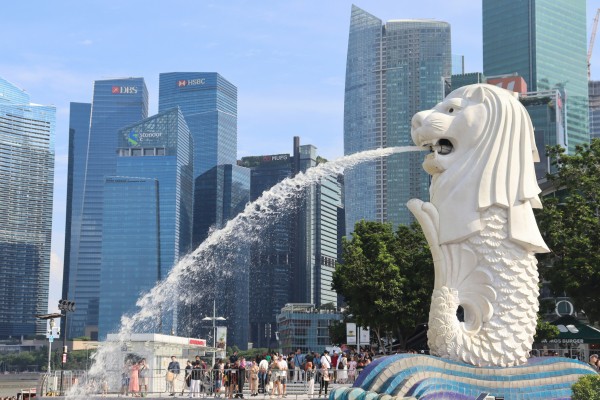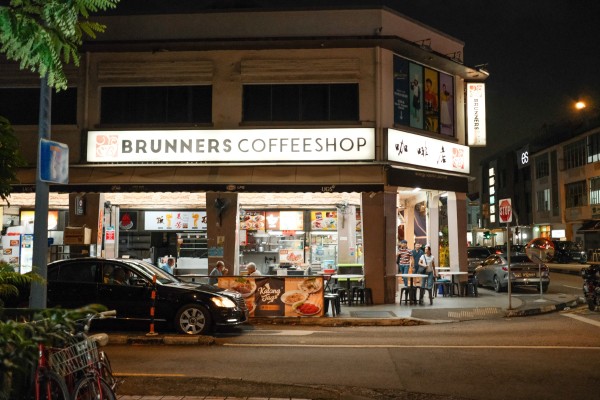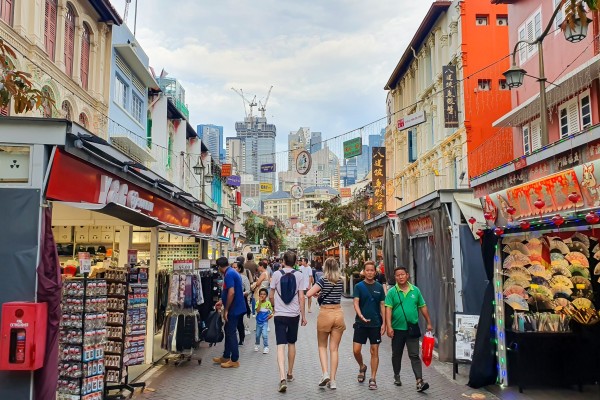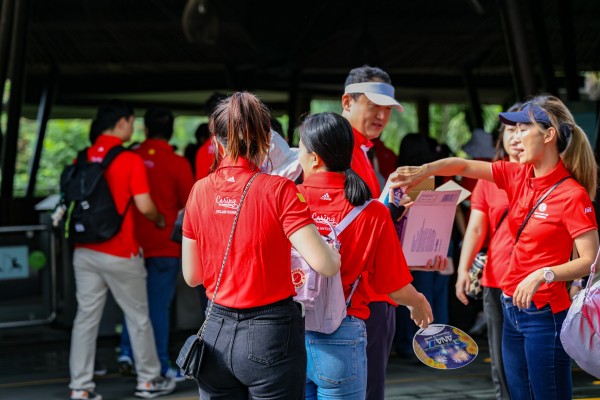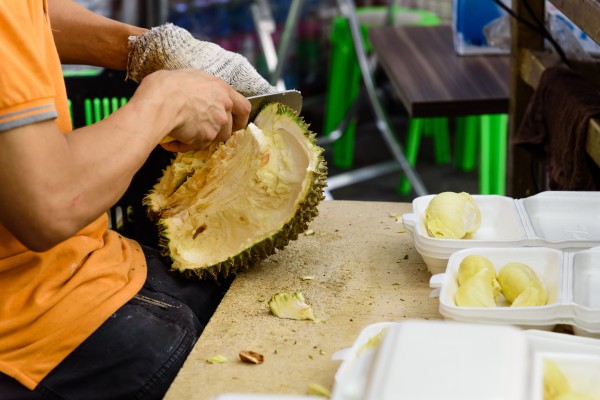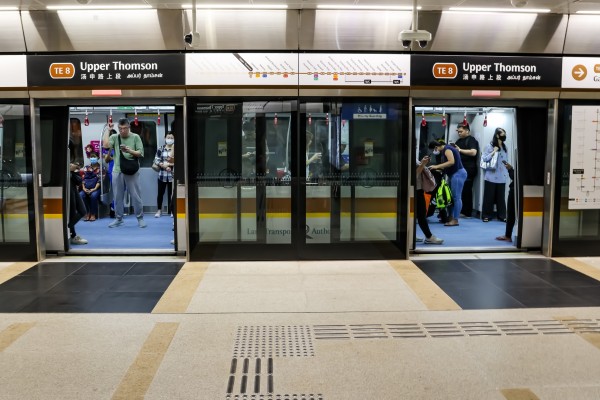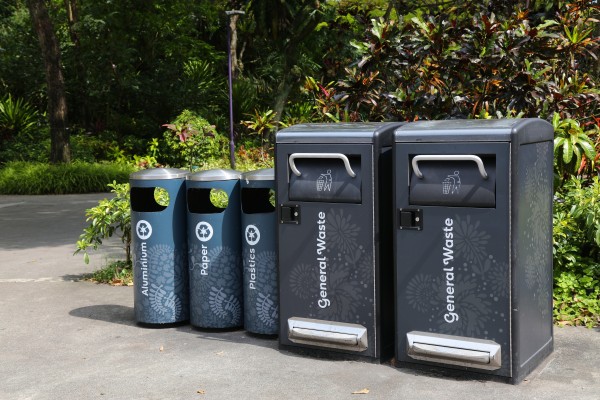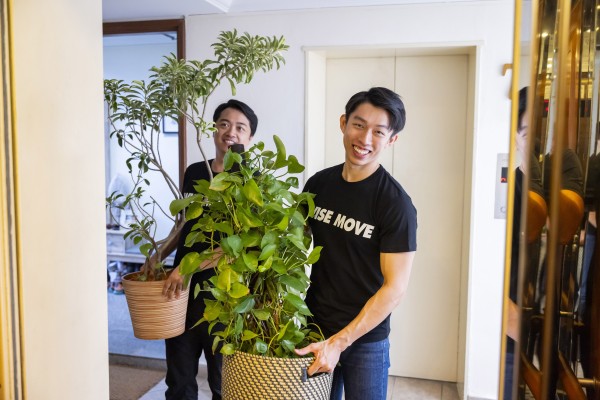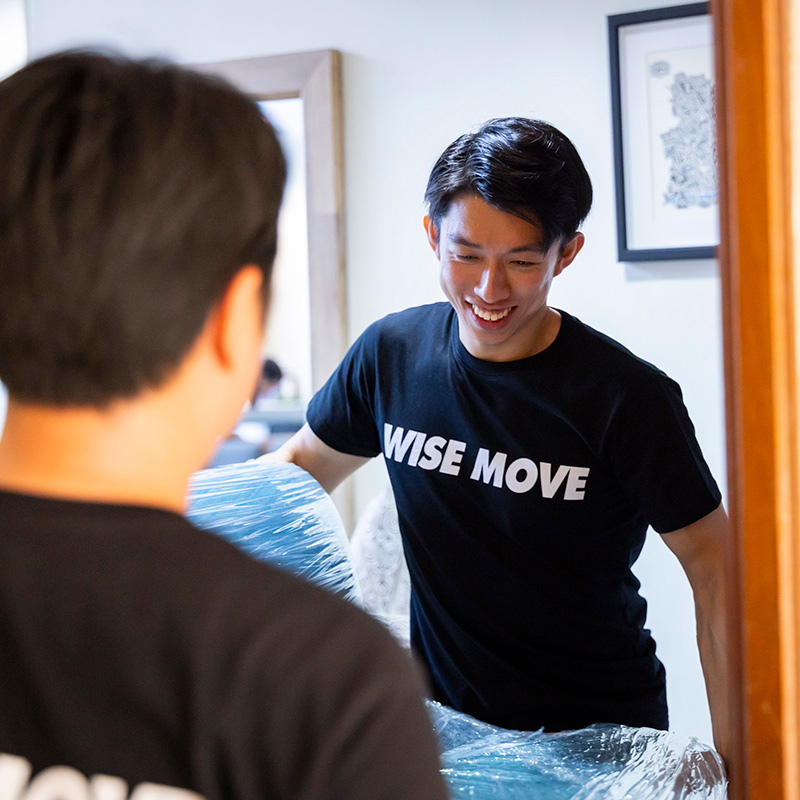How Easter is celebrated in Singapore

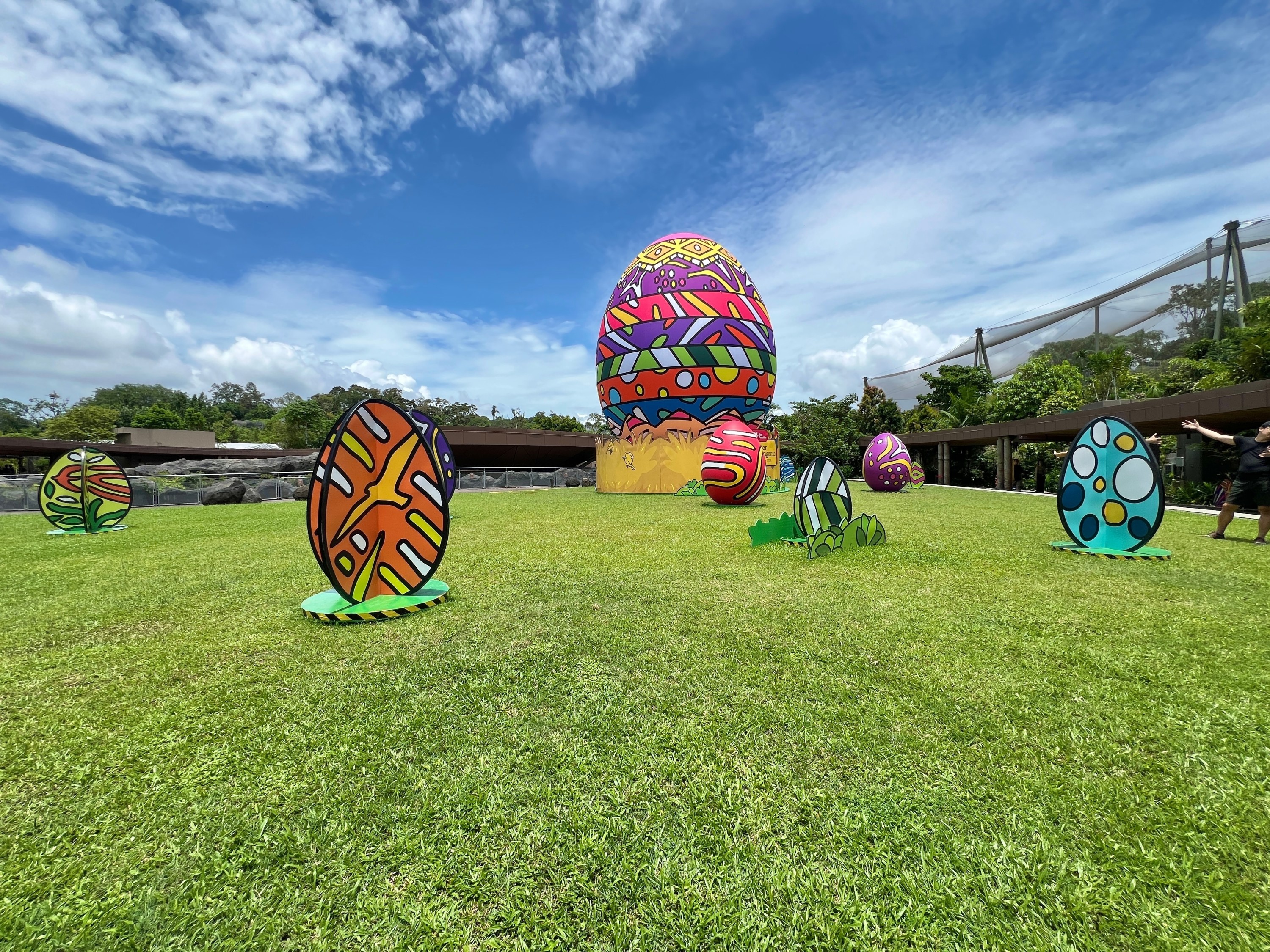
In countries with large Christian populations, the Easter season is a big thing, with holidays typically lasting from Good Friday until the following Monday.
If you’ve recently come to Singapore, you may be wondering if Easter is even a thing here.
While still predominantly Asian, Singapore’s population is certainly a multi-religious one. As it turns out, Christianity is the second largest religion at 18.9% in Singapore.
Good Friday is observed as an official Public Holiday in Singapore, but Easter Monday isn’t.
Easter Sunday is still very much a cherished and important celebration to Christians in Singapore. And in multi-cultural Singapore, even non-Christians celebrate Easter—some of whom are invited to Easter celebrations by their friends, and others who just want to soak up the festivities in malls, community spaces, and family attractions.
Easter in Singapore is a unique affair, celebrated by Christians of all ethnicities. Curious to know more about how this traditionally religious celebration of Jesus Christ’s Resurrection is enjoyed by people of all religions in Singapore?
Our guide to Easter in Singapore will provide you with everything you need to know to enjoy the holiday in a truly Singaporean way.
Introduction to Easter in Singapore
Easter is a festival observed by Christians of all denominations, all over the world. It is the celebration of Jesus Christ’s resurrection from the dead, which occurred three daysafter his crucifixion by the Romans on Good Friday.
What is Lent
In the lead-up to Easter, Christians prepare themselves by fasting from food, making sacrifices, performing acts of charity, giving alms, and praying during the 40 days known as Lent. These 40 days are significant because it is believed that Jesus also spent 40 days in the desert being tempted by the devil before he began his public work.
During Lent, Christians are encouraged to reflect on their lives, repent from their sins, seek forgiveness from those they have wronged, and deepen their relationship with God.
Important dates in the Lenten season
- Ash Wednesday
- Palm Sunday
- Maundy Thursday
- Good Friday
- Holy Saturday
All these days have great religious significance for Christians as they follow the last days of Jesus Christ’s earthly life.
There is no fixed date for Lent, Good Friday, and Easter each year, because the date for Easter is determined as the date of the first full moon after the Spring Equinox—the official start date of Spring in the year. (The first day of Spring being the first day where the day is longer than the night.)
How Lent differs for Christian denominations
- The Roman Catholic Church defines Lent as beginning from the first Sunday after Ash Wednesday and ending on Maundy Thursday
- Protestant and Western Orthodox Churches define the Lenten period from Ash Wednesday until Holy Saturday (excluding all Sundays).
- Eastern Orthodox and Byzantine Churches define Lent as starting from the sixth Monday after Palm Sunday, known as Clean Monday and ending on Palm Sunday.
However, one thing remains the same for all Christians in Singapore—the celebration of Good Friday and Easter Sunday at church.
What makes Easter in Singapore unique
The Christians in Singapore are a multicultural group, including people from the Chinese, Indian, Eurasian, Peranakan, Filipino, Myanmarese, Indonesian, Thai, Korean, Japanese, Australian, American, British, and other European communities.
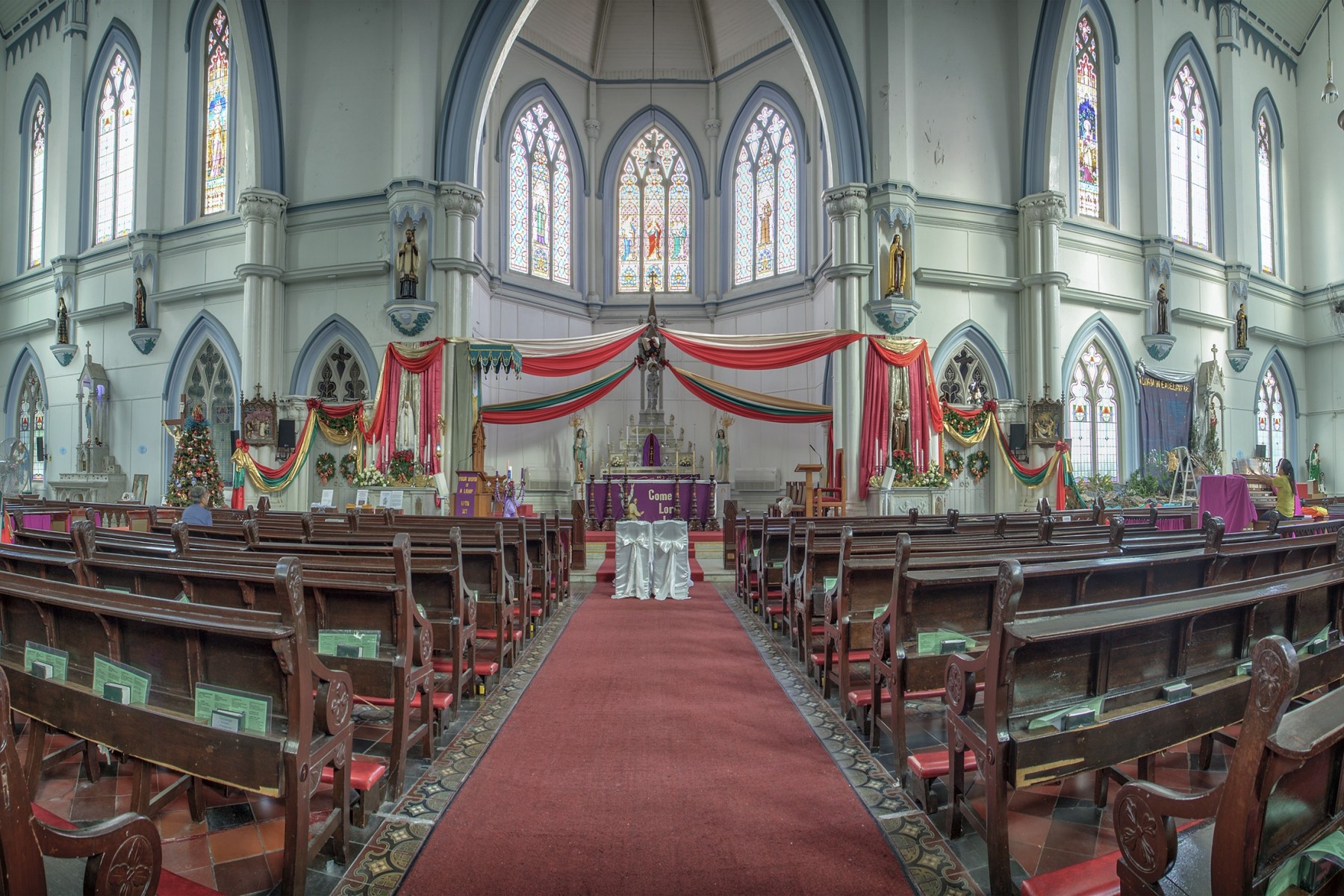 Easter and Good Friday services in Singapore churches are also held in several languages by different churches. You’ll find churches with special services in Burmese, Thai, and various Chinese dialects like Hokkien, Teochew, and Cantonese—to cater to as many groups of the faithful as possible.
Easter and Good Friday services in Singapore churches are also held in several languages by different churches. You’ll find churches with special services in Burmese, Thai, and various Chinese dialects like Hokkien, Teochew, and Cantonese—to cater to as many groups of the faithful as possible.
Services can be held predominantly in English with hymns or bible passages recited in various languages.
Another unique aspect of Easter celebrations in Singapore is the multicultural nature of the food. Easter dishes in Singapore are a fun and vibrant mix of East meets West, as you’ll find out below.
Dates and duration of Easter celebrations in Singapore
Easter is always celebrated on the first Sunday after Good Friday, with its date determined by the first full moon after the Spring Equinox.
This year, Easter falls on Sunday, 20 April 2025.
Good Friday is an official public holiday in Singapore. However, Easter Monday is typically not celebrated in Singapore by the general population—except in some private Christian preschools, which commemorate Easter Monday with a school holiday.
Easter festive foods in Singapore
In Singapore, food is always a big part of any celebration, and Easter is no exception. Traditional Easter fare comprises food that celebrates the coming of Spring—like lamb, salmon, hot cross buns, Easter eggs, and baked goods and desserts. You can find all these classic Easter dishes at restaurants all over the country, as many establishments offer Easter menus packed with these Easter favourites.
In Singapore, there’s always a local twist to traditional food, thanks to our rich multicultural heritage that combines Chinese, Indian, Eurasian, and Peranakan influences. Here are some Easter dishes with a Singaporean twist you can look out for.
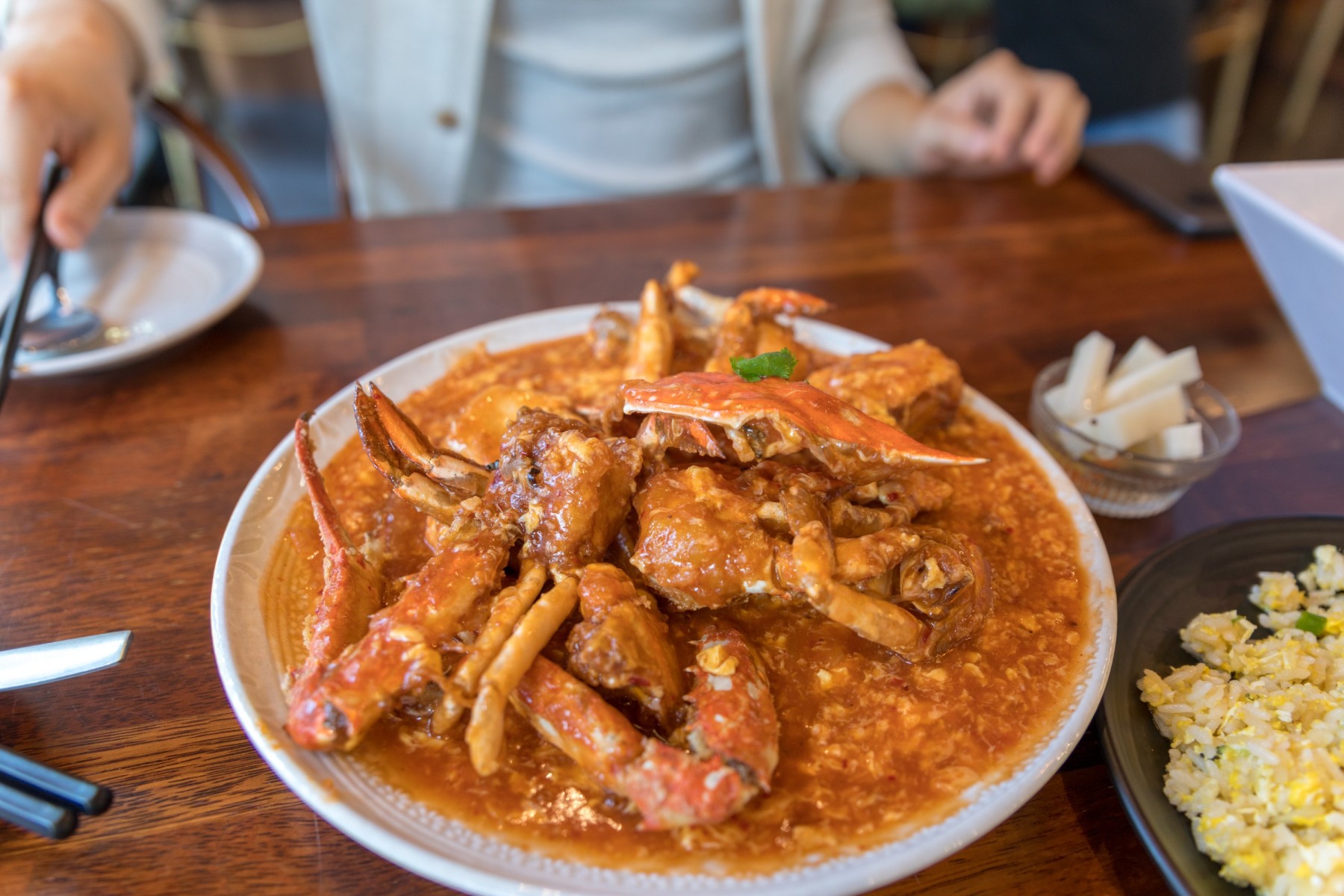
Rendang
A classic Peranakan and Malay dish is Rendang, an aromatic dry curry that is reminiscent of lamb or beef stew traditionally enjoyed at Easter. Rendang is typically made with beef or lamb, slow-cooked till pull-apart-tender in coconut milk and spices. It’s best enjoyed with a bowl of fluffy white rice, some aromatic biryani, or toasted flatbread.
Easter Biryani
Biryani is an aromatic basmati rice dish and can be commonly found at celebratory occasions among the Indian community in Singapore, like Easter. Slow-cooked to fragrant perfection with spices like star anise, saffron, and cinnamon, biryani often includes generous chunks of tender meat (usually chicken or mutton, or even turkey at Easter), and is eaten alongside a pickled cucumber salad and hearty curry.
Roast meats
No Easter feast would be complete without an abundant serving of roasted meats, wherever in the world you are. In Singapore, you can definitely find traditional roasted lamb and beef dishes aplenty, but you’ll want to try local versions of roasted meats like sweet Cantonese style char siew (BBQ pork), pork crackling sio bak (crispy belly), roasted chicken or duck, or even a whole roasted suckling pig. These meats are perfect for festive occasions in Singapore, and local families often have these roasted delights at Easter to up the celebratory vibes.
Seafood
Easter is a time when people celebrate the end of the Lenten season, during which many Christians abstain from meat and only eat fish. To mark this joyous occasion, different types of seafood are often served at Easter meals, like lobster, shellfish, oysters, prawns, and fish cooked in decadent sauces. As an island-state, Singapore is famed for its seafood. Uniquely Singaporean seafood dishes include the world-famous chilli crabs, barbecued squid, stingray and crayfish coated in a savoury chili paste known as sambal, fish head curry, crispy cereal-coated prawns, and stir-fried clams.
Shepherd’s Pie
Pie is a must-have at many Easter feasts, especially a comforting serving of Shepherd’s Pie, which has its roots among the shepherds of Britain. The classic lamb version is delicious, but you can find an interesting variety of local flavours such as sweet Teriyaki, aromatic black pepper, fragrant rendang, and even creamy seafood to add to your Easter celebrations here in Singapore this year.
Rituals and traditions of Easter in Singapore
Easter is one of the most significant occasions to the Christian community, and it is almost always spent in church at special Easter services. These services tend to be longer and more elaborate ones, to mark the joyous resurrection of Jesus Christ after his sombre death on Good Friday.
Some churches will have services from the night before that start on Holy Saturday and conclude past midnight in the first few minutes of Easter Sunday—as a way of keeping vigil by Jesus’s tomb. Some other churches have sunrise services on Easter Sunday, to commemorate the moment of Jesus rising from the dead on Easter morning.
Easter services are also held throughout Easter Sunday in different churches. These services are open to people of all faiths and ethnicities to participate in. You are encouraged to dress respectfully if you intend to visit a church.
Many churches hold baptism services on Easter, as it is a significant occasion that marks the start of a new life as a Christian. Already-baptised Christians also traditionally renew their baptismal vows on Easter.
To engage the children, some churches in Singapore also organise Easter plays, musicals, or dramas that the children can participate in, retelling the story of the death of Jesus Christ on Good Friday and his resurrection on Easter Sunday. Easter egg hunts and carnivals are also activities that children in some churches can look forward to.
After the Easter services, some churches host Easter meals and potlucks in the canteen or function room, for worshippers to enjoy a celebratory meal with each other after a solemn 40 days of Lent.
Traditionally Christian families may also head home or out to restaurants for Easter meals. If you’re invited to join in a family Easter celebration, do ask if you can bring anything to add to the hearty festive cheer.
Easter decorations in Singapore
Easter isn’t as widely celebrated in Singapore on the scale of Christmas, Chinese New Year, Hari Raya, or Deepavali—you’ll note this from the lack of widespread Easter decorations in public or community spaces.
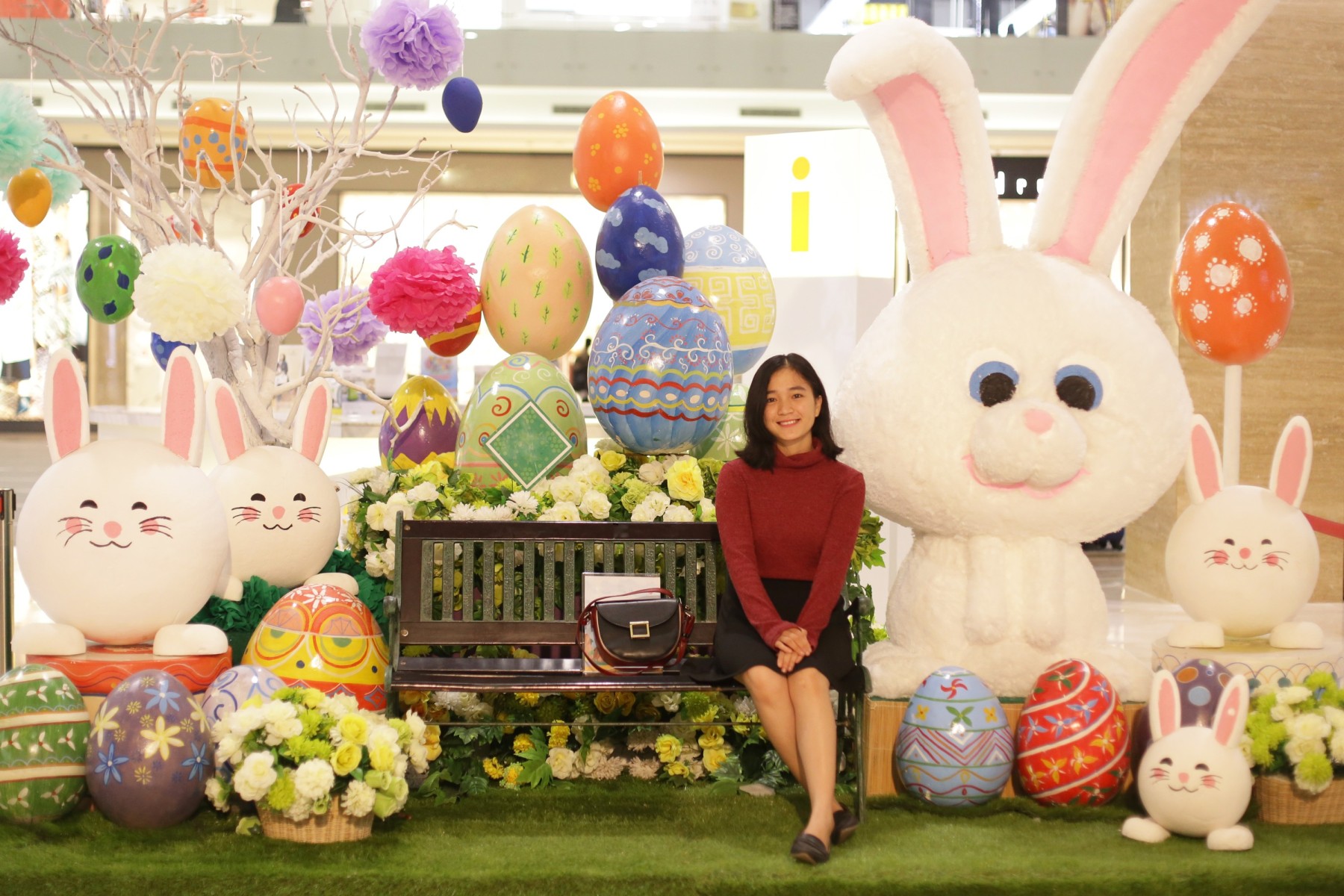 Some malls may have pop-up Easter events and accompanying Easter decorations, so do look out for them.
Some malls may have pop-up Easter events and accompanying Easter decorations, so do look out for them.
Nothing is stopping you from DIY-ing Easter-themed decorations for your own home, though.
Supermarket chains like Cold Storage and FairPrice Finest, home interior megastores like IKEA, and $2 household stores like Daiso have lots of Easter decorations available for purchase—think colourful egg banners, adorable Easter bunny cut-outs and figurines, Easter egg baskets, and floral wreaths.
Celebrating Easter in Singapore
While not a public holiday, Easter is still very much anticipated in Singapore. Public Christian and Catholic, as well as many international schools, celebrate Easter with carnivals and special activities for the school children.
Retail malls, eateries, and community clubs also often run Easter activities that include carnivals, Easter egg hunts, craft workshops, and Easter promotions, for everyone to join in the celebrations of the season.
Here are a few ways you can celebrate Easter in Singapore.
Go to a church for an Easter worship service
There are Christian churches of several denominations in Singapore, you’ll be sure to find one that aligns best with your beliefs. If you’re just interested in checking out a church service, you may want to pop into one of these iconic churches in Singapore’s civic district:
-
Catholic Church: Cathedral of the Good Shepherd
-
Anglican Church: St Andrew’s Cathedral
-
Methodist Church: Wesley Methodist Church
-
Presbyterian Church: Prinsep Street Presbyterian Church
Have an Easter brunch out
Singapore’s hotels offer a sumptuous spread of traditional Easter dishes and local favourites at buffet meals, with pretty, Spring-themed Easter decorations to put you right in the mood. Some cafes and restaurants also have Easter-themed brunches that even come with bouncy castles and Easter craft activities planned. It’s great fun for the entire family.
Participate in a community Easter egg hunt or carnival
Private country clubs and grassroots community clubs often hold Easter carnivals for the entire family to participate in—here’s a list of Easter grassroots community events you can look forward to this year.
Interesting facts about Easter in Singapore
-
Easter used to be celebrated only by the Christians in Singapore. Over time, as people became more accepting of each other’s cultures and religions, Easter has become a holiday that is celebrated in secular spaces too, without the religious underpinnings.
-
Easter is the second most celebrated holiday by Christians in Singapore, after Christmas.
-
While Easter is not an official public holiday in Singapore, Good Friday, which falls on the Friday just before Easter Sunday, is a public holiday.
-
The traditional hot cross bun, a spiced bun traditionally eaten on Good Friday to mark the end of Lent and the start of Easter, can be enjoyed with a unique local twist here in Singapore every Easter. Over the years, local bakeries have created hot cross bun flavours like sweet potato, pandan, and salted egg. You can even find halal versions for Muslims to enjoy—in the true spirit of multiculturalism in Singapore.
-
Surprisingly, one of the most fun ways to enjoy Easter in Singapore is at iconic attractions like the Singapore Zoo, Bird Paradise, Universal Studios Singapore, and S.E.A. Aquarium. These attractions usually hold Easter-themed activities in the run-up to Easter, such as Easter egg hunts, Easter craft workshops, and Easter pop-up carnivals.
What do our customers say?





